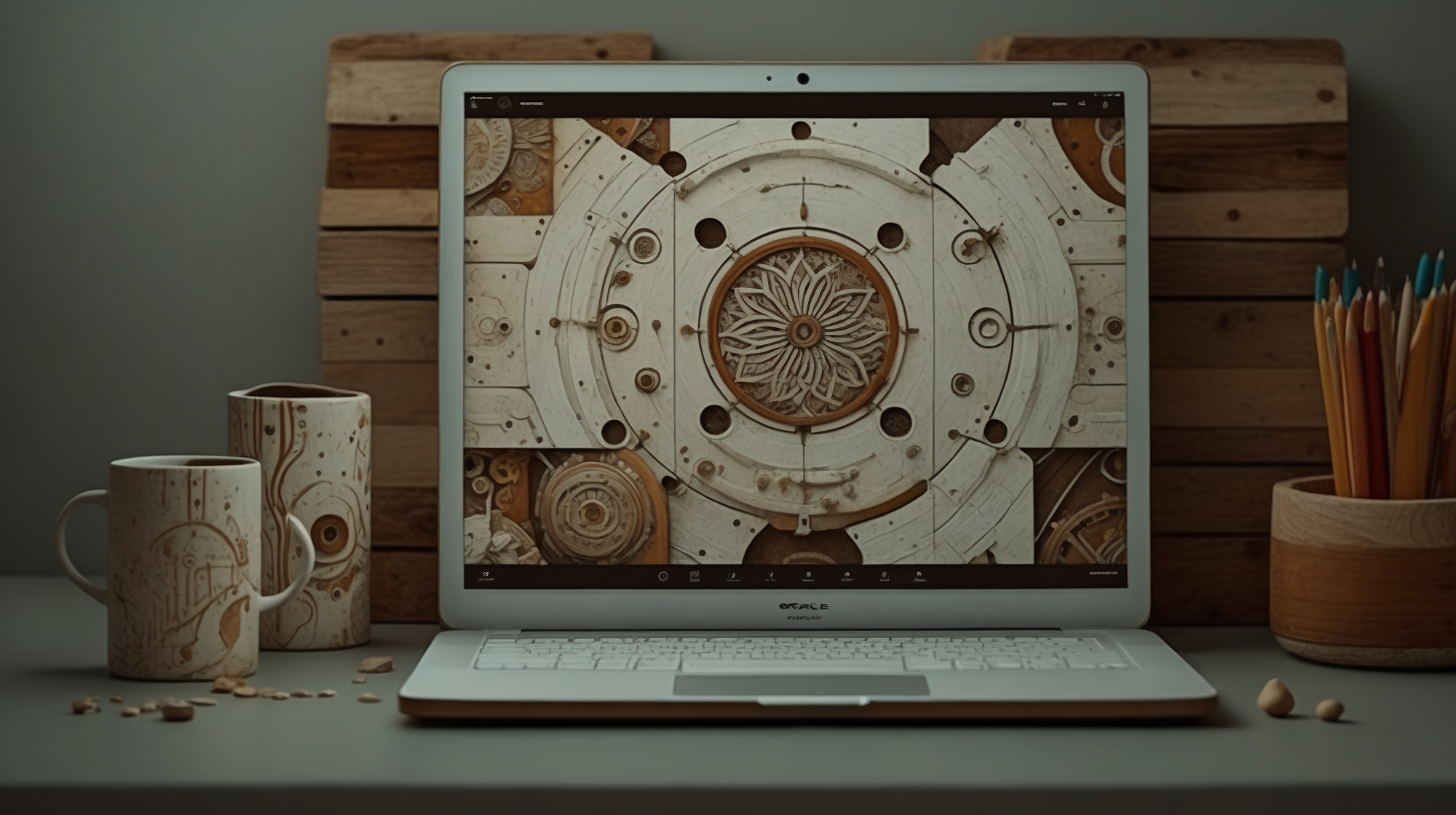Artificial Intelligence (AI) has made remarkable strides in recent years, from mastering complex games to generating realistic art. One of the more unexpected areas where AI is showing promise is in humor. Recent studies suggest that AI can sometimes be better at telling jokes than humans. Let's dive into the fascinating world of AI-generated humor and explore why this might be the case.
Consistency and Volume: AI's Superpower
Imagine being able to come up with a joke every second, without ever getting tired or running out of ideas. That's what AI can do. Unlike humans, who might struggle to be consistently funny or experience writer's block, AI can generate a vast number of jokes quickly and consistently. This sheer volume increases the likelihood of hitting on something genuinely funny.
AI doesn't get bored or tired, and it doesn't worry about whether its jokes will land. It just keeps churning out content. This relentless production can result in a higher probability of producing a gem compared to the average person put on the spot.
Pattern Recognition: The Secret Sauce
AI systems like large language models (e.g., GPT-3) are trained on vast amounts of data, including books, articles, and, importantly, jokes. This extensive training allows AI to recognize successful joke structures and formats. By understanding the patterns that make jokes funny, AI can replicate and even innovate on these formats.
For example, many jokes follow a simple setup-punchline structure. AI can analyze thousands of such jokes to understand the common elements that make them work. Once it has this understanding, it can generate new jokes that adhere to these successful patterns.
Outperforming Average Humans: The Evidence
In recent studies, AI-generated humor was rated as funnier than jokes created by most human participants. Here are some examples:
- Acronyms Task: In this task, participants had to create humorous acronyms. AI outperformed 73% of human participants.
- Fill-in-the-Blank Task: This involved completing a sentence in a funny way. AI outperformed 63% of human participants.
- Roast Joke Task: Participants had to create humorous insults. AI outperformed 87% of human participants.
These results suggest that AI can generate humor that resonates with people, at least on average. While the best human comedians might still have the edge, AI is closing the gap when it comes to everyday humor.
Matching Professional Quality: AI's Big Win
One of the most impressive feats of AI humor is its ability to match the quality of professional content. In a study comparing AI-generated satirical headlines to those from The Onion, a well-known satirical news outlet, AI held its own. Among the top four highest-rated headlines, two were generated by AI and two by The Onion.
This achievement highlights AI's potential to create humor that meets professional standards. By drawing from a vast database of existing jokes and humor, AI can create variations or combine elements in novel ways, sometimes resulting in content that is as good as or better than human-generated material.
Leveraging Existing Humor: A Wealth of Material
AI has access to a vast database of existing jokes, puns, and humorous content. It can draw from this wealth of material to create new jokes. This capability allows AI to generate humor that is grounded in successful formats and themes.
For instance, AI can take a classic joke structure and add a modern twist, or combine elements from different jokes to create something entirely new. This ability to remix and innovate on existing humor gives AI a significant advantage in joke creation.
Objectivity: AI's Unflappable Nature
One of the challenges humans face when telling jokes is dealing with nerves, self-doubt, and other factors that can affect delivery. AI doesn't have these issues. It doesn't suffer from stage fright or worry about how its jokes will be received. This objectivity allows AI to deliver jokes with consistent timing and confidence.
Moreover, AI doesn't take feedback personally. If a joke falls flat, it simply tries again, learning from the experience without any emotional baggage. This resilience can result in a higher overall success rate in humor generation.
The Caveats: AI's Limitations
Despite its advantages, AI humor is not without its flaws. The quality of AI-generated jokes can be inconsistent, with many attempts being nonsensical or boring. While AI can recognize and replicate successful joke patterns, it often lacks the originality and insight of top human comedians.
Additionally, some argue that AI is not truly creating humor but rather rearranging existing patterns. This limitation might prevent AI from producing genuinely novel and insightful jokes that resonate on a deeper level.
The Future of AI in Humor
As AI continues to evolve, its capabilities in humor generation are likely to improve. Advanced machine learning techniques and access to larger datasets will enable AI to create more sophisticated and nuanced humor. However, the best human comedians, with their ability to provide unique insights and emotional connections, are likely to maintain an edge in creating truly memorable and impactful humor.
Conclusion
AI's ability to tell jokes is a fascinating intersection of technology and creativity. While AI has shown that it can sometimes outperform humans in humor generation, it still has limitations. The best human comedians, with their unique insights and emotional depth, are unlikely to be fully replaced by AI anytime soon. However, the progress made so far suggests that AI will continue to play a significant role in the world of humor, providing new and exciting ways to make us laugh. So, whether it's a laugh from a chatbot or a giggle from a professional comedian, humor is evolving, and AI is here to stay.
Stay Updated with Our Newsletter
Sign up to receive the latest articles, insights, and trends.



